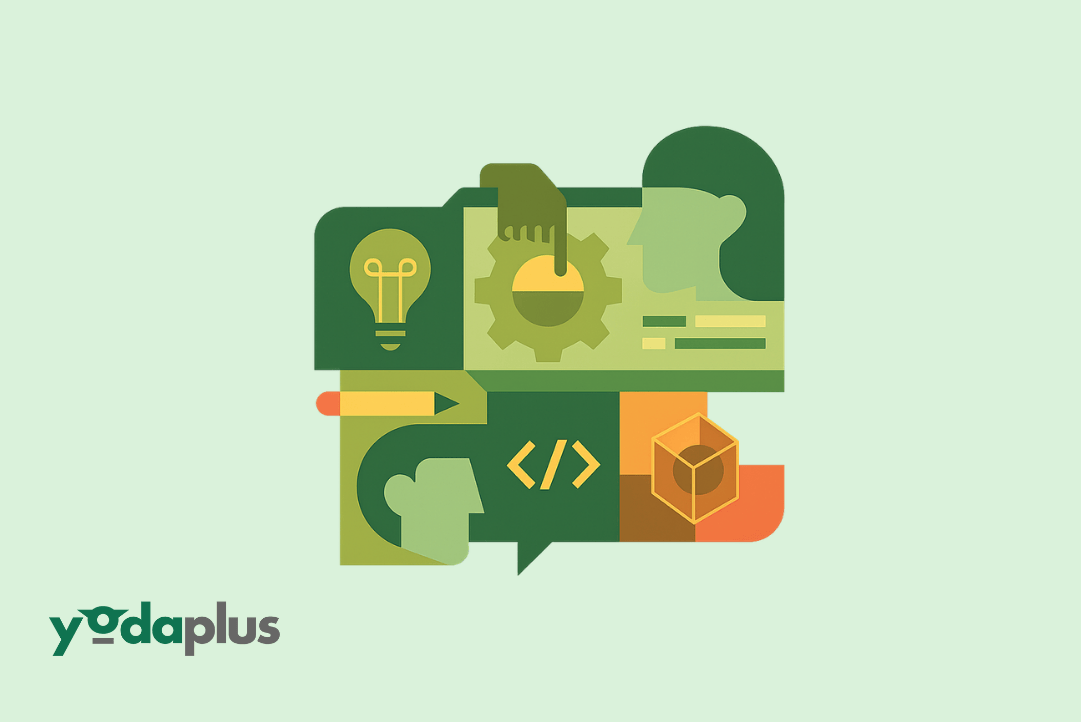
Using Delta Tables for Streaming Analytics
July 18, 2025 By Yodaplus
Streaming data is everywhere. It includes things like financial transactions, website clicks, and sensor readings. This data can help businesses make faster decisions, but only if it’s captured and analysed correctly.
Delta Tables make this process easier. They help manage streaming data in a way that is fast, reliable, and easy to scale. In this blog, we’ll look at how Delta Tables work, why they are a good choice for streaming analytics, and how AI tools can help you get even more value from your data.
What Are Delta Tables?
Delta Tables are an extension of Apache Parquet, designed to bring ACID (Atomicity, Consistency, Isolation, Durability) transactions to data lakes.
Built on the Delta Lake format, Delta Tables allow for:
- Time-travel queries
- Schema evolution
- Concurrent read/write support
- Unified batch and stream processing
They provide versioning, which makes them ideal for combining real-time streaming data with AI-powered analytics pipelines that demand accuracy and consistency.
Streaming vs Batch: Why Delta Tables Bridge the Gap
Traditional analytics use batch processing, where data is processed periodically in chunks. But in high-speed environments like e-commerce, fintech, or logistics, this delay is costly. Streaming analytics processes data in real time or near real time.
Delta Tables let you treat your streaming and batch sources the same way.
Example:
Let’s say you’re tracking stock trades across multiple exchanges. A Delta Table allows you to:
- Ingest streaming data from Kafka in real-time.
- Simultaneously run AI data analysis models to detect anomalies or trends.
- Keep track of historical performance via time-travel queries.
How It Works (Simplified)
Delta Tables store metadata logs along with your data. Each transaction (write, update, delete) creates a new version of the table.
Here’s a basic flow:
- Streaming Source
Apache Kafka or Azure Event Hubs streams data into a Delta Table. - Write to Delta
Structured Streaming in Spark appends data to a Delta Table using a micro-batch or continuous mode. - Read from Delta
Analytics or machine learning tools (like AI report generators) query the table with full consistency - Version Control
Queries can be executed on past snapshots using syntax like:
SELECT * FROM trades VERSION AS OF 43; - Update in Real-Time
New streaming data gets merged with historical data using MERGE, UPDATE, or DELETE operations, without corrupting the dataset.
Streaming Analytics Use Case
Let’s take a simplified example in retail AI analytics:
You run a recommendation engine that tracks customer clicks and purchases in real-time. Using Delta Tables:
- Every click event is streamed into a Delta Table.
- Your AI model consumes this data to recalculate dynamic product scores.
- When a user returns to the website, they get instant recommendations fueled by streaming data.
Delta Tables make this loop reliable and fast, ensuring the AI always uses the most current data while preserving historical accuracy.
Where AI Meets Delta Tables
Delta Tables complement Artificial Intelligence solutions by giving models:
- Consistent training data (snapshot versioning)
- Real-time inference triggers (fresh data arrival)
- Traceable inputs for model auditing
This is especially useful in sectors like:
- FinTech for fraud detection
- Supply chain technology for real-time inventory tracking
- Retail analytics for dynamic pricing and personalization
With AI for data analysis, you can apply models directly to data streams without moving them to another system, reducing latency and complexity.
Sample Calculation: Streaming Customer Spend
Let’s say you want to calculate total spend per customer in the last 10 minutes:
SELECT
customer_id,
SUM(amount) AS total_spent
FROM
delta.`/mnt/sales/stream`
WHERE
event_time BETWEEN now() – INTERVAL 10 MINUTES AND now()
GROUP BY customer_id
You can run this as a structured streaming query, refreshing every few seconds. Your AI engine can consume the output to trigger promotional offers or risk checks.
Benefits of Delta Tables for Streaming Analytics
- ACID Transactions
These ensure data stays accurate and consistent, even when multiple processes are reading or writing at the same time. - Time Travel
This feature allows you to access previous versions of your data. It’s useful for debugging and tracking changes in machine learning models. - Schema Evolution
Delta Tables can adapt to changes in your data structure over time, which makes it easier to work with dynamic or evolving datasets. - Unified Batch and Streaming Support
You don’t need to maintain separate data pipelines. Delta Tables handle both batch and streaming data in the same system. - AI Integration Ready
Delta Tables work well with AI tools, enabling real-time applications like equity research and automated reporting.
Real-World Impact
Financial advisors can use Delta-powered insights to optimize portfolios based on real-time market conditions.
Asset managers can use live trading data to adjust allocations.
AI report generators can auto-generate detailed summaries with streaming updates, ideal for use cases like equity research automation or market risk analysis.
Final Thoughts
Delta Tables are revolutionizing how streaming data is processed and analyzed. By combining reliability, scalability, and AI-readiness, they offer a robust foundation for real-time analytics.
For businesses aiming to operationalize AI for data analysis, financial risk mitigation, or portfolio risk assessment, Delta Tables offer a smart, scalable path forward. Yodaplus helps organizations make the most of this technology by integrating Delta Tables into advanced analytics and AI-driven workflows that support faster, more accurate decision-making.